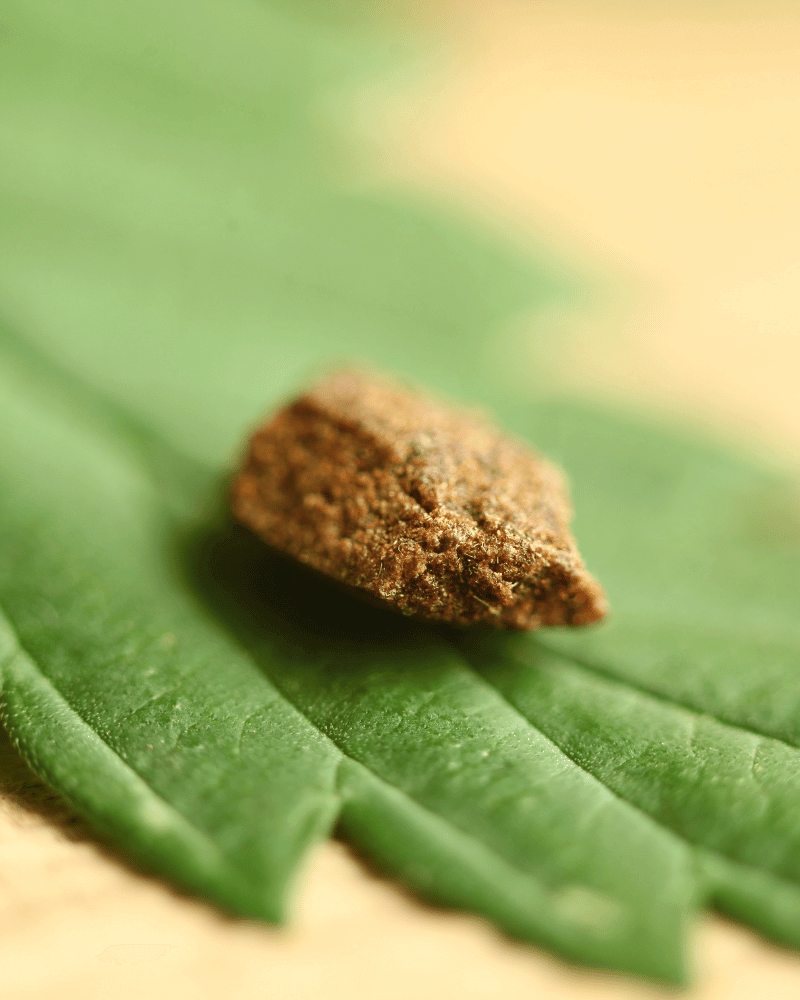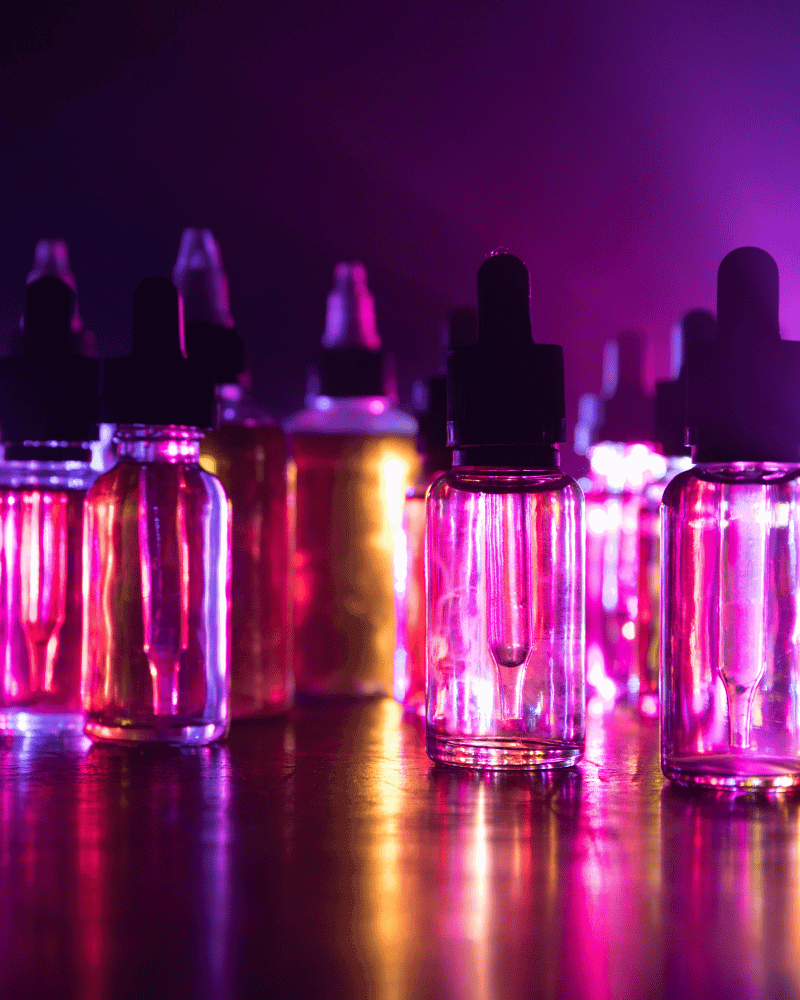What are HHC psychoses?
Hexahydrocannabinol, HHC, is a cannabinoid that occurs naturally in cannabis and can also be produced synthetically. It is similar to THC in its structure and psychoactive properties, but differs in its effects and legal status. On this page, we look at the link between HHC and mental health, particularly the risk of psychosis. Psychosis is a serious mental disorder that can impair the ability to relate to reality and can be triggered by various factors, including the use of psychoactive substances. Our aim is to gain a sound understanding of HHC and its potential impact on mental health.
How does HHC affect the psyche?
HHC interacts with the body's endocannabinoid system, which plays an important role in regulating our mood, sleep and sense of well-being. Through this interaction, HHC can influence the psyche, potentially inducing feelings of euphoria, relaxation and altered states of consciousness. It is important to understand that the effects of HHC, as with all psychoactive substances, can vary from individual to individual and depend on factors such as dosage, personal tolerance and psychological state. Therefore, the use of HHC also carries risks, particularly in relation to mental health problems such as psychosis.


Connection between HHC and psychoses
The link between HHC and psychosis is currently the subject of intensive research. HHC can lead to psychotic symptoms such as delusions, hallucinations and loss of connection with reality in some people. These reactions are often related to dosage and individual susceptibility to mental illness. In particular, people with a history or family history of mental disorders may have an increased risk of such reactions. It is important to proceed with caution and be aware of the potential mental health risks of HHC use.
HHC psychoses: symptoms and signs
- Delusions: Fixed beliefs that do not correspond with reality.
- Hallucinations: Perceptions without external stimuli, e.g. hearing or seeing things that do not exist.
- Confusion: Difficulty thinking clearly or making logical connections.
- Paranoia: Unfounded fear or mistrust of others.
- Diminished sense of reality: Loss of ability to distinguish between reality and one's own thoughts or perceptions.
- Extreme mood swings: Rapid changes between different states of mind.
- Anxiety: Intense, often irrational feelings of anxiety.
- Social withdrawal: Avoidance of social interactions and isolation.
These symptoms can occur suddenly and vary in intensity. Early detection and professional help are crucial to protect mental health.
What to do with HHC PSYCHOSIS
If there are signs of HHC-induced psychosis, it is important to act quickly:
- Keep calm: Try to calm the affected person and get them to a safe, calm environment.
- Seek support: Contact a doctor or the emergency room, especially if symptoms are severe.
- Inform: Tell medical staff that the condition may have been triggered by HHC to facilitate treatment.
- Offer companionship: Stay with the person until professional help is available to ensure support and safety.
- Long-term help: Encourage the person to seek professional psychological support even after the acute symptoms have subsided.

Experiences with HHC and psychosis
Some users have reported positive experiences with HHC, ranging from a pleasant feeling of relaxation to an improved mood. They tell how HHC has helped them to reduce stress and even improve their sleep by promoting a general sense of well-being. On the other hand, there are also reports of people who have experienced a variety of reactions, ranging from initial calming to unpleasant side effects such as paranoia and anxiety. Some of these mixed experiences emphasise how use can change over time, with initially positive effects sometimes turning into less desirable states.
There are also reports of individuals developing acute psychotic symptoms after taking HHC, including severe paranoia and hallucinations. These individuals emphasise the importance of being aware of the potential risks and keeping an eye on your mental health. In some cases, these experiences led to individuals seeking professional help to understand and cope with their experiences.
The diversity of these testimonials highlights how varied the effects of HHC on mental health can be, and emphasises the need for a conscious and informed approach to this substance.
HHC fatality: An assessment
In contrast, we are not aware of any HHC deaths. However, the consumption of HHC could also be fatal if it is assumed that HHC has a similar effect to THC. This is because in rare cases - such as heart disease - the consumption of cannabis can also pose a life-threatening risk.
HHC, or hexahydrocannabinol, is a relatively new substance on the market and there are not yet many studies on its long-term effects or potential risks. However, it is believed that HHC acts similarly to THC on the endocannabinoid system and produces similar psychoactive effects. Since HHC is chemically related to THC, it stands to reason that it also poses similar health risks, especially for people with existing health problems such as cardiovascular disease.
It is important that users are aware of the potential risks and proceed with caution, especially if they have pre-existing health conditions. Responsible use of HHC, as with THC and other cannabinoids, should always be a priority to minimize health risks. In addition, it would be advisable to await further research and clinical trials to gain a more comprehensive understanding of the safety and potential health effects of HHC. Until then, consumers should take existing precautions and warnings seriously.



